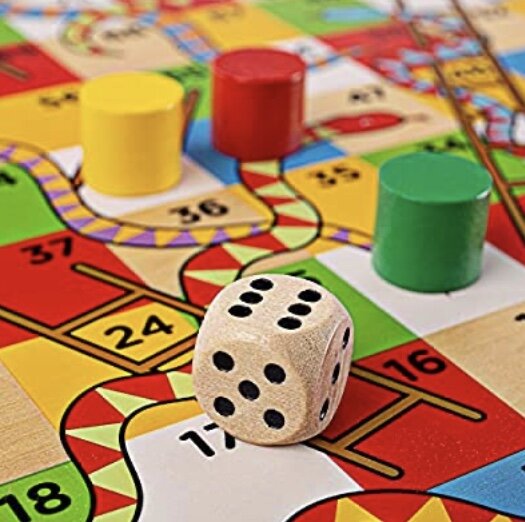The reluctant learner
Part of my journey has been as a learning support worker for children in two international schools in Rome. I was fortunate enough to work under the guidance of an educational psychologist who helped me to think of different ways to deliver fun lessons for children who struggled to keep up with subjects in class.
One of the most important things she taught me was that these children needed to have their self-esteem raised first in order for them to then start learning and I absolutely loved seeing the kids become more confident and then achieve their goals.
We played lots of different games and to begin with I gave big clues as to the answers so that they would not fail. This was the beginning process so they could feel what it felt like to get it right and start building a belief in themselves.
Here are some of the games I used to help with Maths and English
The Pairs game
Just use normal printing paper and cut them up into playing card size pieces. Write on one side whatever it is you are wanting them to learn and then turn them face down so that no one can see what is written on them. Take it in turns to turn over two cards and the object is to match them with the partner card.
For English this could be for spellings, alphabet, phonics, reading words etc
For Maths it can be used for Times tables, odd and even, learning numbers, shapes, fractions etc
Snakes and Ladders
Print out a template here and then either colour in certain squares or cover them with stickers. Do about 20/25 and then when you play the game you have to answer a question if you land on one. These can be any questions to do with whatever they are learning. Spelling, reading words, times tables etc
The Detective Game
Turn your kids into detectives and get them to look for things. This can be to do with the alphabet, phonics, reading words or alternatively for maths. You could set it up for them using post it notes and put them around the house. If you need some time out, then ask them to do the same for you and it will take them a while to set it up and they will love it.
At the beginning of all of these games help them to get it right and then in time their confidence will get better and they will be able to do it without help.
These are just three games, but I will post more ideas later in the week. I hope it’s useful and helps

